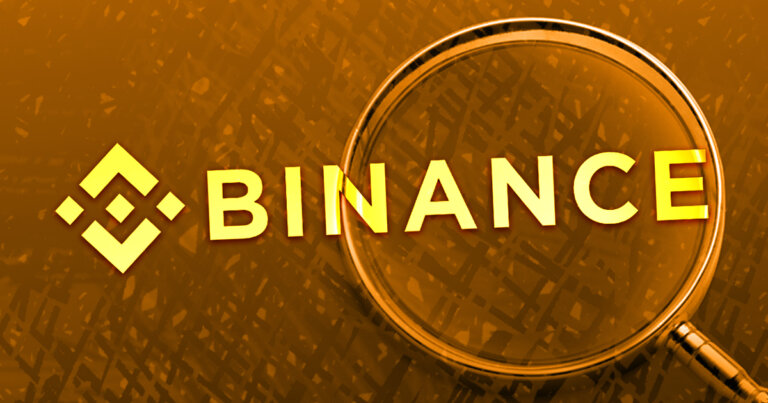 US prosecutors subpoenaed hedge funds for records of Binance dealings
US prosecutors subpoenaed hedge funds for records of Binance dealings US prosecutors subpoenaed hedge funds for records of Binance dealings
The subpoenas were issued as part of an on-going investigation into potential violations of US anti-money laundering laws by Binance.

Cover art/illustration via CryptoSlate. Image includes combined content which may include AI-generated content.
Over the past few months, the US attorney’s office for the Western District of Washington has issued subpoenas to hedge funds that interacted with Binance. The Washington Post reported citing sources familiar with the matter. The report noted that the prosecutors had directed the investment firms to hand over their communication records with Binance.
The subpoenas are part of a long-running broader investigation into one of the world’s leading crypto exchanges for possible violations of the US anti-money laundering laws.
In December, Reuters reported prosecutors discussing a potential settlement with Binance. However, the federal prosecutors also evaluate whether they have sufficient evidence to bring charges against the exchange.
Binance CEO Changpeng Zhao (CZ) denied that the exchange was working with the Department of Justice to settle matters out of court, calling Reuters “wrong.”
Legal experts told the Post that lawmakers have long been exasperated with Binance. John Ghose, a former Justice Department prosecutor specializing in crypto cases, told the Post that Binance’s lack of know-your-customer (KYC) requirements for years made it a conduit for criminals to launder money.
Founded in 2017, Binance implemented KYC requirements in August 2021 amid intensifying regulatory scrutiny.
Based on his experience, Ghose said prosecutors are likely investigating whether Binance violated the Bank Secrecy Act, which requires firms to verify user identities. The law also requires firms to submit suspicious activity reports that could potentially be illicit.
Ghose added that the law would apply only if Binance provided services to US-based customers.
Binance’s chief strategy officer Patrick Hillmann had previously acknowledged that the exchange had a less-than-desirable approach to regulatory compliance in the first few years after its establishment. However, Hillmann said that Binance has changed its stance recently and invested heavily in compliance programs, worked with law enforcement, and developed new technologies to apprehend illicit funds on its platform, the Post reported.
Binance grew its compliance team headcount from 500 to 750 in 2022 and acquired 14 licenses worldwide. Late last month, Binance joined the US Chamber of Digital Commerce to work with regulators and promote the development of sensible crypto and blockchain regulations.
Since the collapse of FTX in November 2022, regulators around the globe have tightened scrutiny of the largely unregulated crypto industry. FTX founder Sam Bankman-Fried (SBF) pleaded ‘not guilty’ to multiple fraud charges earlier this week. His trial has been set for October 2023.
Binance was an early investor of FTX, and CZ decided to sell off FTX’s native token, FTT, which eventually led to FTX’s bankruptcy and exposure of alleged fraud by SBF. Amid the headwinds of the FTX collapse, Binance’s daily trading volume has tanked significantly, reaching two-year lows last month.
































































